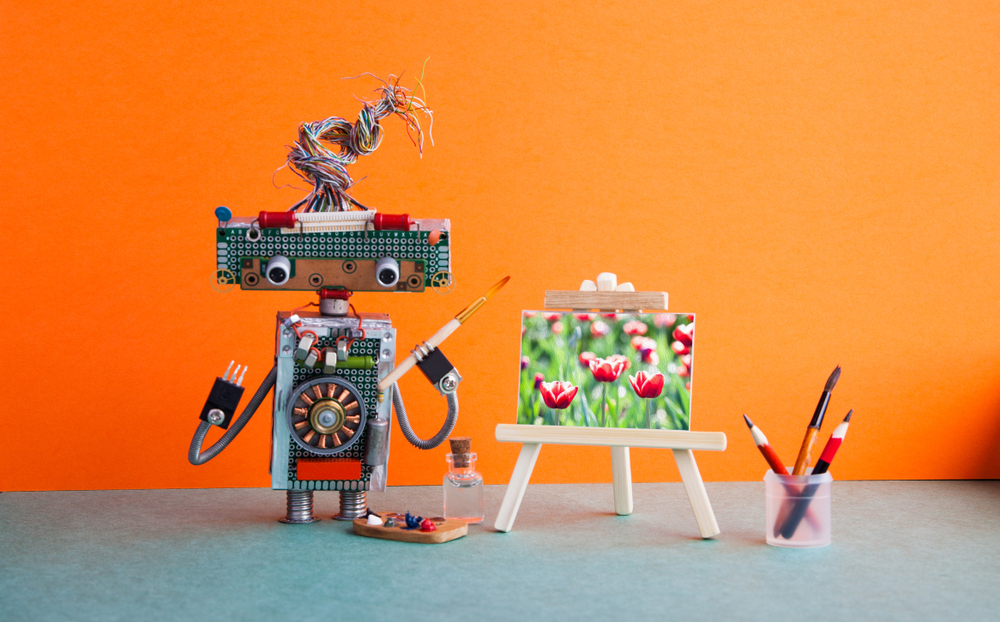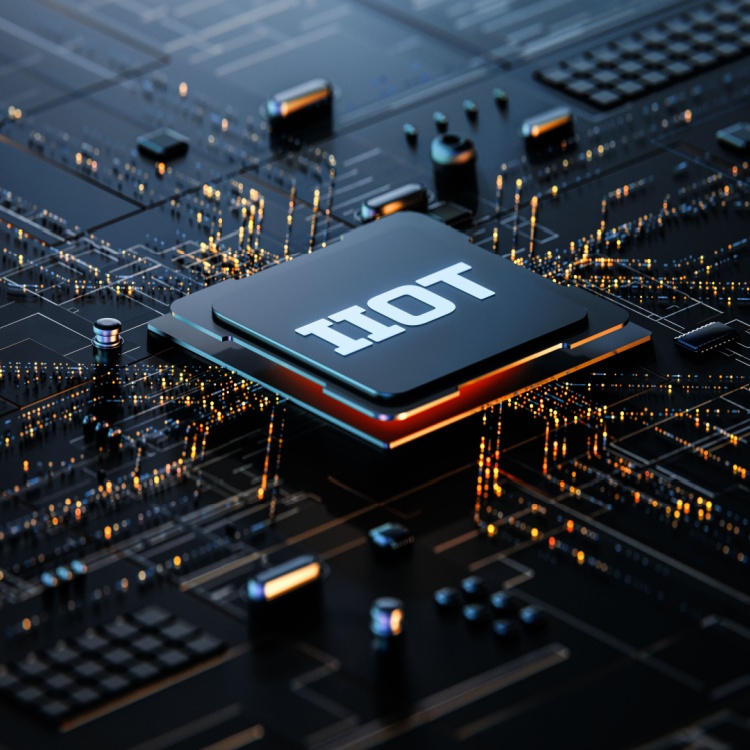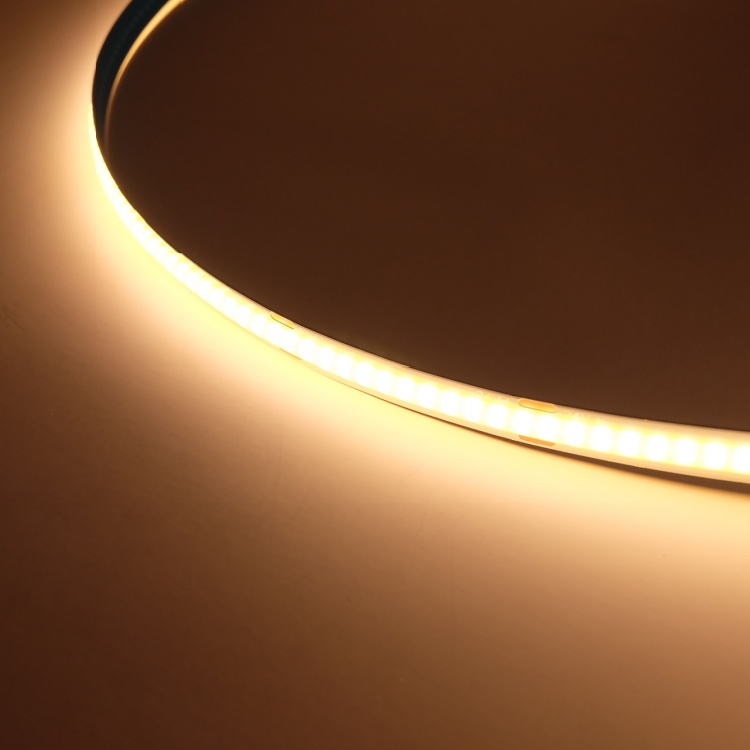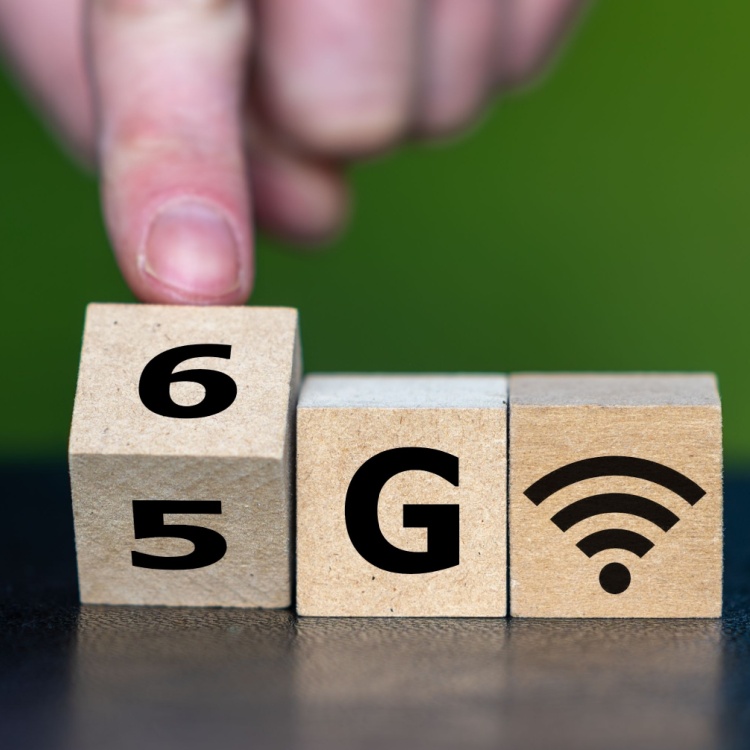AI Art But Is It Really Art

AI-generated art has come a long way from being gawky to gorgeous. Type in a few words, let machine learning do its thing and presto! You’ve created a work of art.
Whether it’s amazingly lifelike, otherworldly, surreal, or dystopian, AI art has exploded across social media and the art world, thanks to platforms such as DALL-E, Midjourney, Stable Diffusion, and Night Cafe. But this advanced technology is also raising tricky questions about copyright and ethics. Plus, it’s reigniting the age-old debate about “real” art. In this article, learn how the tech works and why AI art is sparking both fascination and anxiety. What does AI art mean for human creativity and artists?
From text to image: how AI art happens
Before we dive into the moral dilemmas and heated debates surrounding AI art, here’s a very simple explanation of how it works. Billions of images are scraped from the Internet, along with their text descriptions. The AI model is trained on these huge datasets of images and text. Guided by the user’s text prompt, the program scours through the data set to produce a brand-new image. The more people use the program, the more the AI program can learn and improve.
So, you can type something like “three bears dancing across the night sky, as an oil painting” or “impressionism, lovers in the city” and the program will churn out an image. You could add words related to a particular artistic style, give specific colors, or indicate a particular setting. The power is in the prompt: being clear about the type of artwork you want to produce and describing the subject or scene, as well as any lighting, detail, and historical art styles.
The power of (and the problem with) datasets and prompts
“Prompting is not a silver bullet that trivializes artistic creation,” wrote Raphaël Millière, a presidential scholar in society and neuroscience at Columbia University, with a Ph.D. in philosophy from the University of Oxford, in a recent article for Wired. “It is more akin to a new kind of creative skill.”
“In addition to having a unique vision for the final products, one must get a feel for the right combination of magic words that will unlock specific styles or subjects with any given algorithm,” shared Millière.
But what if you’d rather go straight to the point—or an artist whose creative work is part of the AI model’s dataset?
For Polish digital artist Greg Rutkowski, that’s happened around 93,000 times in one text-to-image generator. That’s way more than Pablo Picasso, Michelangelo, and Leonardo da Vinci, who starred in around 2,000 prompts each or less. It’s reached the point that an online search revealed artwork attached to his name but Rutkowski had not created it.
“It’s been just a month. What about in a year?” Rutkowski shared with the MIT Technology Review. “I probably won’t be able to find my work out there because [the Internet] will be flooded with AI art. That’s concerning.”
Last October, South Korean illustrator Kim Jung Gi passed away. A cartoonist, illustrator, and manhwa artist, he was famous for large, highly-detailed illustrations. A few days after his death, a former French game developer known online as 5you announced that he had trained an AI model in the style of Jung Gi “as an hommage.”
“Hope you like it, feel free to use it by yourself (credit plz),” 5you tweeted.
Many artists were outraged. “Kim Jung Gi left us less than a week and AI bros are already ‘replicating’ his style and demanding credit. Vultures and spineless, untalented losers,” tweeted Dave Scheidt, a comic-book writer based in Chicago.
“Artists are not just a ‘style.’ They're not a product,” freelance cartoonist Kori Michele Handwerker wrote in a tweet. “They're a breathing, experiencing person that learns and feels and grows, AND makes art.”
This technology’s capacity to mimic an artist’s work raises questions of legality and ethics, as enumerated by American technologist and blogger Andy Baio:
- “Is it ethical to train an AI on a huge corpus of copyrighted creative work, without permission or attribution?”
- “Is it ethical to allow people to generate new work in the styles of the photographers, illustrators, and designers without compensating them?”
- “Is it ethical to charge money for that service, built on the work of others?”
Another hot-button issue is whether or not AI art is “real” art. That’s a big, deep, and broad question with a highly subjective answer. For some, art is a form of expression; for others, it is any creative work. It is a process or a product, a vocation or a hobby. It requires technique and mastery, a marriage of skill and imagination.
If it is a machine that creates it, can it be considered real art?
“I think the best parallel, and you’ll probably start hearing more of this too, is comparing it to when photography was first invented,” shared Mats Borges of the Ahmanson Lab at the University of Southern California.
“They were like, ‘This is going to put all the artists out of business, there’s going to be no more portraiture,’ [and] that it’s all going to be photos. ‘Photography is not real art, you just click a button and that’s it,’ and that’s not really true. I think over time we have all generally as a society come to accept photography as an art form,” Borges continued.
But there seems to be a vast difference between adjusting shutter speed and learning and mimicking an artist’s signature style—and producing thousands of these images on demand and in minutes. AI art is moving fast, and copyright laws need to keep up with it.
As one of the Top 25 EMS companies in the world, IMI has over 40 years of experience in providing electronics manufacturing and technology solutions.
We are ready to support your business on a global scale.
Our proven technical expertise, worldwide reach, and vast experience in high-growth and emerging markets make us the ideal global manufacturing solutions partner.
Let's work together to build our future today.
Other Blog




